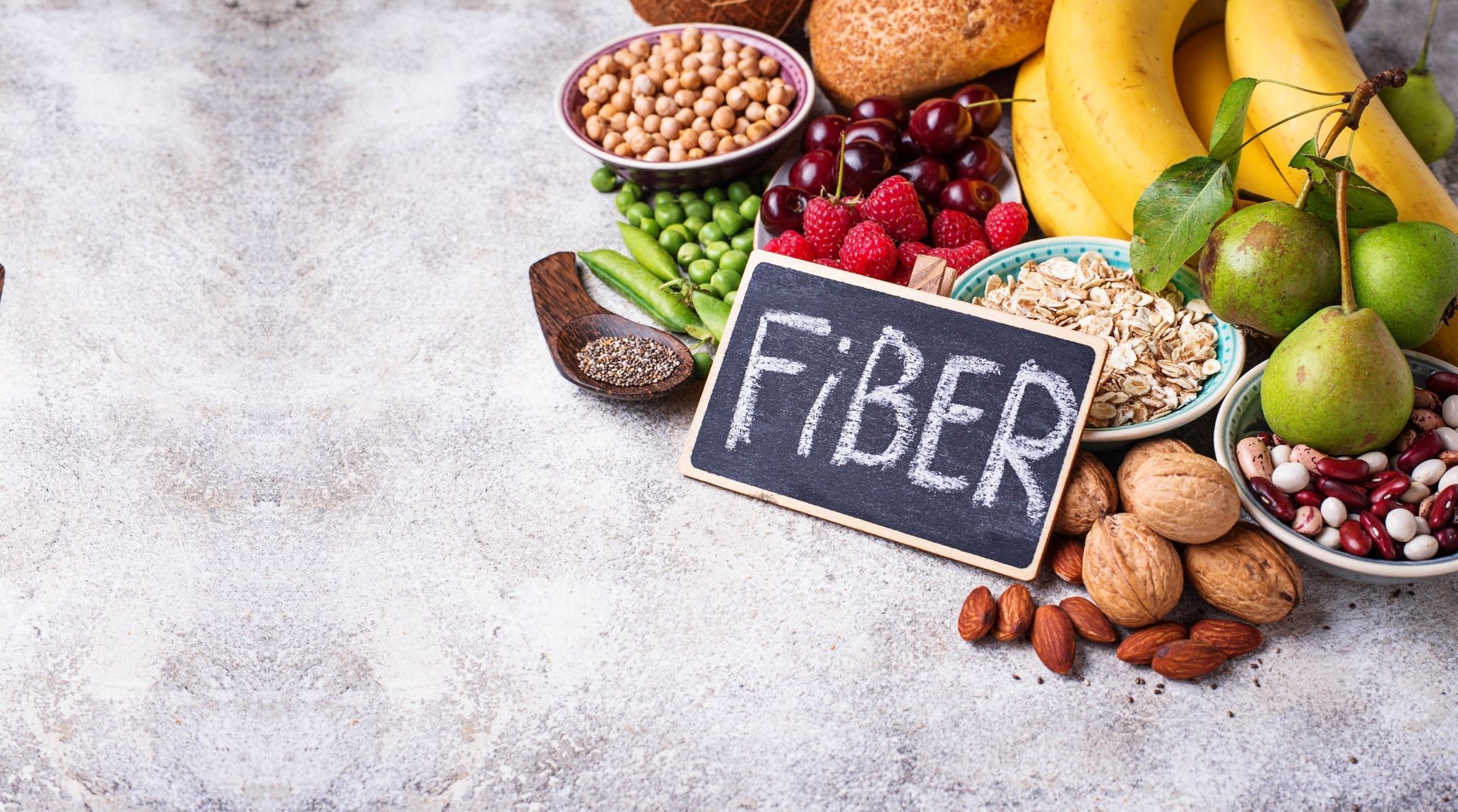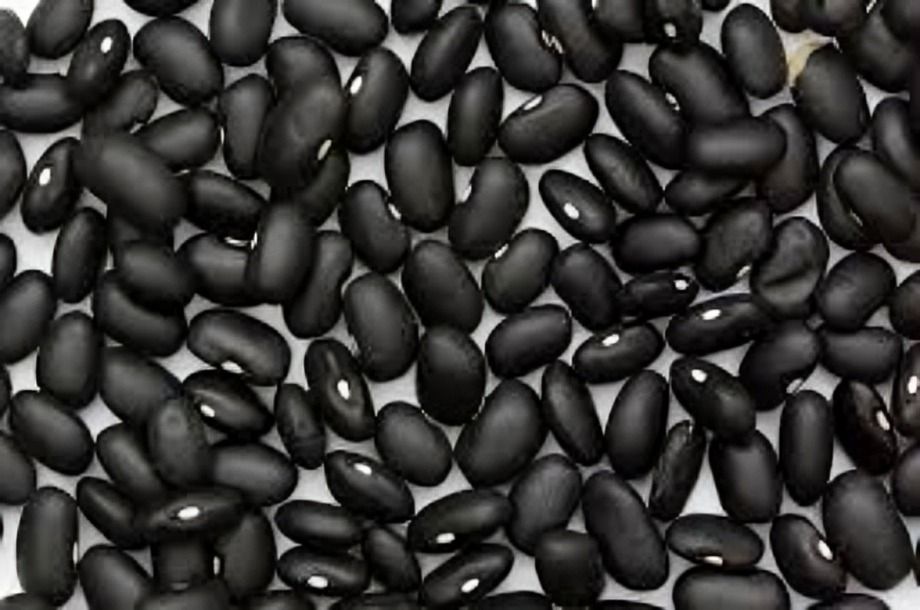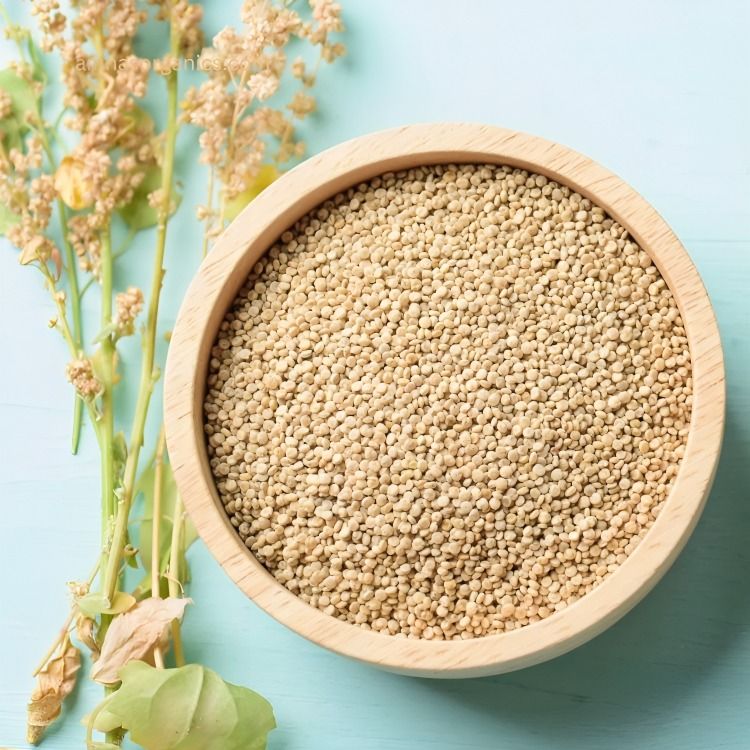
“
Fiber, a nutrient found in plant-based foods, plays a vital role in digestive health. It aids in promoting regular bowel movements and helps prevent conditions such as constipation and diverticulosis. But fiber offers much more beyond digestion. In this article, we’ll break down 20 Crucial facts about fiber, explaining its various types, its role in the body, and how it helps with weight management, cholesterol levels, and overall wellness. Understanding these facts can help you make better dietary choices.1
1
”
Oats contain both soluble and insoluble fiber, particularly beta-glucan, which can help reduce cholesterol levels. A cup of cooked oats offers about 4 grams of fiber, contributing to digestive health.1
These tiny seeds are fiber powerhouses, delivering a whopping 10 grams of fiber per ounce! Chia seeds not only support digestion but also keep you full for hours, making them the ultimate superfood. 2

Beans like lentils and black beans pack 15 grams of fiber per cup, supporting gut health and stabilizing blood sugar. Their high fiber content also helps in weight management and heart protection.
A whole medium avocado provides an impressive 10 grams of fiber, with both soluble and insoluble types. Its creamy texture and fiber content make it a superstar for digestion and heart health. 3
Whole grains like brown rice and whole wheat contain all parts of the grain, providing more fiber. For example, brown rice contains 3.5 grams of fiber per cup compared to less than 1 gram in white rice. 4
Raspberries, blackberries, and strawberries are rich in dietary fiber. A cup of raspberries provides 8 grams of fiber, promoting digestive health and supporting weight management. 5
Air-popped popcorn contains 3.5 grams of fiber per 3-cup serving, making it an excellent whole grain snack that supports digestion and keeps you feeling full. 6
One medium artichoke contains about 7 grams of fiber, making it one of the most fiber-rich vegetables. It supports digestive health and helps lower cholesterol levels. 7
Bran cereals are among the most fiber-dense breakfast options, with some varieties offering up to 10 grams of fiber per serving. They promote digestion and help prevent constipation. 8

A medium sweet potato has about 4 grams of fiber, offering both soluble and insoluble fiber. This supports gut health and helps maintain steady blood sugar levels.
A medium pear provides 6 grams of fiber, most of which is in the skin. Eating pears unpeeled gives you the full fiber boost, aiding digestion and keeping hunger at bay. 9
Both fresh and dried figs are high in fiber, with dried figs offering around 15 grams per cup. This makes them a great natural remedy for constipation and promotes gut health. 10
A small handful of almonds (about 23 nuts) packs 3.5 grams of fiber. These fiber-rich nuts support digestion, promote heart health, and are the perfect on-the-go snack. 11
One cup of broccoli contains about 5 grams of fiber, contributing to digestive health and acting as a prebiotic, feeding beneficial bacteria in the gut. 12
Just one tablespoon of ground flaxseeds provides 2 grams of fiber. They are also rich in omega-3 fatty acids, promoting heart health and aiding digestion. 13

One cup of cooked quinoa provides 5 grams of fiber, making it a great gluten-free option for boosting fiber intake. It is also rich in protein, supporting overall health.
One cup of cooked barley offers around 6 grams of fiber, particularly soluble fiber, which helps lower cholesterol and improves blood sugar control. 14
One medium orange provides 3 grams of fiber, mostly from the pith and membranes. Eating the whole fruit, rather than just drinking juice, ensures you get its full fiber benefits. 15
A medium banana contains 3 grams of fiber and also offers resistant starch, a type of carbohydrate that behaves like fiber, promoting gut health and stable blood sugar. 16
A cup of cooked green peas offers 9 grams of fiber, making them one of the best fiber-rich vegetables. They help support digestion and regulate blood sugar. 17


